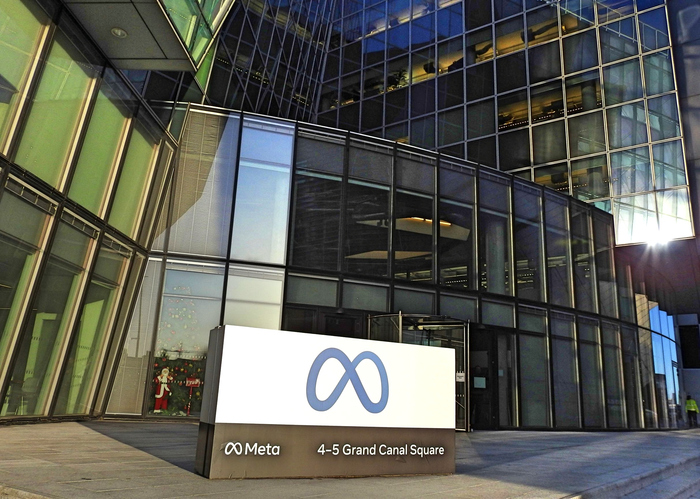What is Microcap Stock Fraud?
Microcap stock fraud occurs when microcap companies engage in market manipulation. Microcap stock frauds aim to sell or “swindle” unwitting investors into buying what seems to be legitimate stock. Microcap insiders who know of microcap stock fraud can report their concerns to the Securities and Exchange Commission (SEC) and file for a whistleblower reward.
May 15, 2025

This information is provided for educational purposes only by Kohn, Kohn & Colapinto and does not constitute legal advice. No attorney-client relationship is created by accessing this content. Laws and regulations may change, and this material may not reflect the most current legal developments. If you believe you have a whistleblower claim, consult a qualified attorney to discuss your specific circumstances.
Microcap stock fraud occurs when microcap companies engage in market manipulation. This manipulation takes many forms, but at its core, microcap stock frauds aim to sell or “swindle” unwitting investors into buying what seems to be legitimate stock.
Once that security reaches a high, fraudsters and sometimes even fraudulent brokers sell their shares, driving the price down almost instantly. These criminals take a huge profit and leave investors holding junk security that will eventually crash due to no liquidity.
Microcap insiders who know of microcap stock fraud can report their concerns to the Securities and Exchange Commission (SEC) and file for a whistleblower reward for their information. To become eligible for a reward, whistleblowers must:
- Present original information – the information provided must be original and not already known by the SEC. Not to mention, individuals must submit information in a timely manner.
- Voluntary Tips – Individuals must submit information before a request, inquiry, or demand from law enforcement related to the same concern.
- $1 Million Threshold – sanctions in a microcap fraud case must exceed $1 million for the SEC to pursue.
Eligible whistleblowers may qualify for an award of 10 percent to 30 percent of the money collected when the monetary sanctions exceed $1 million. Percentages depend on how original, credible, and timely the information is – so if you have information, don’t delay! Regardless of their country of origin, any individual or group can report their concerns.
Allison Herren Lee, Former SEC Commissioner, Strengthens Kohn, Kohn & Colapinto’s Battle Against Microcap Stock Fraud
We are pleased to introduce Allison Herren Lee, former SEC acting chair and commissioner, as the latest addition to Kohn, Kohn & Colapinto’s ranks, serving as Of Counsel. Her deep-rooted understanding of the Dodd-Frank Act and the SEC Whistleblower Program places her in a unique position to protect whistleblowers and guide them towards securing rewards.
Types of Microcap Stock Frauds
Microcap stock fraud involves companies with a market capitalization under $250 million. Most of these companies offer penny stocks (defined by the SEC as less than $5 per share) on the OTC Bulletin Board or Pink Sheets Electronic Quotation Service. There several variations of microcap stock fraud the SEC is paying close attention to, and they are as follows:
- Pump and Dump Schemes – when an entity promotes a stock to increase buying momentum. As this momentum increases, it drives the stock share price up. Once the price hits an all-time high and the momentum slows, the fraudster(s) will sell their stake, making a profit and leaving unsuspecting investors with a stock that has bottomed out.
- Share Dilution Schemes – similar to the above, but instead of defrauding investors to buy, a fraudster will continue to issue shares, diluting the stock’s price. New buyers are essentially purchasing the stock at the same time the fraudster is stealing it.
- Chop Stocks – stocks often traded on the OTC Bulletin Board, Pink Sheets Electronic Quotation Service, or NASDAQ Stock Market. Brokers purchase these stocks for pennies and sell them for dollars to unsuspecting investors.
Blow the Whistle on Microcap Stock Fraud

You should be cautious if you receive calls or mail promoting a stock. You should be careful about an investment scheme if:
- Receive unsolicited stock recommendations – a key indicator of microcap stock fraud is when a company promotes its stock more than the products or services.
- No business operations – if the person providing the stock tip has no physical address or office, it’s likely behind a shell company.
- Inexplicable price increase – if the stock’s price is increasing and there hasn’t been any actual news event driving this increase, an artificial “pump” may be occurring.
- Trading suspensions – Has the SEC ever suspended trading of the promoted stock?
- Company name or classification changes often – Has the company changed its name often? In many cases, this happens to avoid detection.
Microcap Stock Fraud Cases
The movie Wolf of Wall Street demonstrates his type of fraud. Jordan Belfor, The Wolf of Wall Street, sold penny stocks to his clients – all of which incurred a fee. As more investors bought in and prices rose (stock pump), Belfort kept quiet and continued to purchase shares, which created more artificial demand. Once the prices peaked, Belfort quietly “dumped” his shares, causing the stock to crash. The final losses? $200 million.
Frequently Asked Questions
Our Firm’s Cases

Environment & Human Rights Violations Exposed
Oil industry’s environmental crimes and cover-up in Colombia have been exposed. Whistleblower Andrés Olarte Peña, with the support of his attorneys Kohn, Kohn & Colapinto and the damning evidence compiled in the Iguana Papers, is calling for an investigation into Ecopetrol and its executives by the Colombian government and the U.S. Securities and Exchange Commission.

$30 Million Award
Protecting the confidentiality of Wall Street whistleblowers is among the most important breakthroughs in federal whistleblower law. Under the Dodd-Frank Act, whistleblowers can file anonymous cases, and everything about their case, including who they sued, remains secret.

$13.5 Million Award
Our firm represented an anonymous whistleblower, who on May 17, 2021, received a whistleblower award of almost $13.5 million. The SEC has issued more than $31 million in whistleblower awards related to this case.

![Reporting Recordkeeping Failures To The Sec [2025 Guide]](https://kkc.com/wp-content/uploads/2025/01/Recordkeeping-Failures.jpg)




